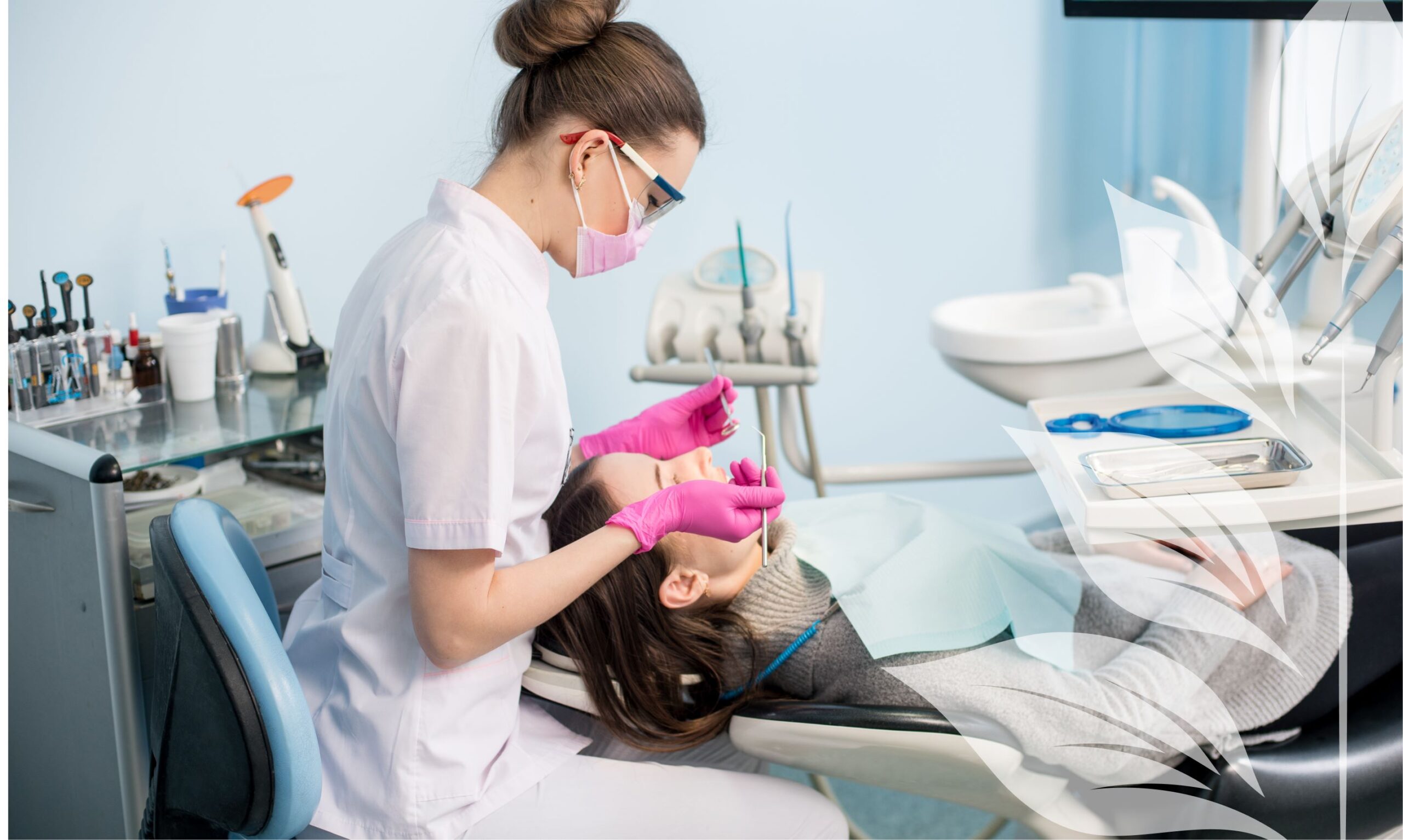A mouth guard is a mouth guard, right?
If you discover that you are grinding your teeth at night, you might think you can just pop in your sports mouth guard and call it good. After all, sports mouth guards are designed to protect your teeth from blows to the face; they should be able to handle a little teeth grinding.
Not quite.
You should not wear a sports mouth guard at night. It doesn’t serve the same purpose as a mouth guard specifically designed for teeth grinding and could even cause damage to your teeth. Read on to learn more.
What is the difference between a mouth guard and a nightguard?
To protect your teeth and gums and limit the side effects of teeth grinding, dentists often prescribe the use of nightguards while sleeping. These oral appliances may also be called occlusal guards, nocturnal bite plates, bite splints, or dental guards. They look similar to a retainer and use soft or hard plastic to cushion the teeth and inhibit the wearer from grinding their teeth.
Sports mouth guards are bulkier and basically look like a lump of plastic that has been molded around your teeth and gums. Let’s unpack some of the differences here.
The Way They Are Made
Nightguards are specially made by a professional dentist. The dentist will custom-fit the nightguard perfectly to your mouth, ensuring cushioning in the right places and keeping your bite intact.
Though you can get custom-fit sports mouth guards made by a professional, most people just pick up a cheap version at the drugstore or sporting goods store. You can boil the soft mold and then bite into it to create a somewhat custom-fit version.
Their Fit
Nightguards have slim profiles, making them more comfortable to wear and sleep with. Plus, the slim profile allows for freer movement of saliva as you sleep. Saliva is a natural defense against the buildup of plaque, tartar, and bad bacteria in your mouth. Some models even have holes designed to allow saliva to wash over your teeth as you sleep.
Furthermore, this slim profile only covers the teeth, not the gums as well. Sports mouth guards cover your entire teeth and gums and limit the movement of saliva. Wearing them for a couple of hours here and there won’t be a big deal, but wearing them for eight hours a night every night gives bacteria plenty of time to play havoc with your teeth and gums.
Sports mouth guards tend to be uncomfortable, especially if you have a cheaper model. This can make it difficult for the wearer to sleep comfortably. Furthermore, sports mouth guards are bulky because they are designed to protect your teeth from strong blows to the face. Because of this bulk, they tend to hold your teeth open a few millimeters. A few hours on the field is fine, but wearing them for eight hours a night can cause your teeth to shift and mess up your bite.
What They Are Used For
Nightguards are designed to cushion teeth from the up-and-down bite force the wearer is exerting. Sports mouth guards are intended to protect the wearer’s teeth from impact and blows coming at the wearer’s face.
The difference might seem minimal but has a huge impact on the comfort and effectiveness of the guard.
How do I know if I need a nightguard for my teeth?
Bruxism is a condition characterized by teeth grinding and jaw clenching. The action happens unconsciously while people are asleep or concentrating on something else. Approximately 8% of the population regularly suffer from bruxism. However, many more people have bouts with bruxism throughout their lives, usually during times of high stress or anxiety.
Little bouts here and there aren’t too much to worry about, but regular teeth grinding can become a serious issue. The individual may suffer from headaches, jaw pain, and even cause damage to their teeth or teeth restorations. A spouse or partner who sleeps with them may also complain of snoring or the unnerving sound they make while grinding their teeth.
If this sounds like you, it wouldn’t hurt to explore the idea of using a nightguard. The best way to find out if a nightguard would be helpful is to talk to a professional.
Can’t I just get a nightguard from my local drugstore?
The whole boil-and-bite idea to mold an over-the-counter nightguard for an inexpensive custom-fit might sound appealing, but it isn’t as effective as you might think.
The nightguard would still be bulky and have the same saliva-limiting and misaligning effect on your bite. Plus, it doesn’t account for the direction of force or how you clench your teeth. The rubbery material can even make you unconsciously clench your teeth more—completely defeating the purpose.
Why do my teeth hurt after using a nightguard?
If your teeth hurt after using a nightguard, this generally means it is not fitted properly. This usually happens when people try to use cheap drugstore nightguards. Talk to your dentist about getting a properly fitted nightguard to remedy this issue.
Where to get your nightguard
If you think you have bruxism, the best course of action is to talk with your dentist. They will diagnose you and recommend the best treatment for your situation, which is often a custom-made nightguard. Reach out to us today for an appointment and let us help you sleep peacefully once again!





